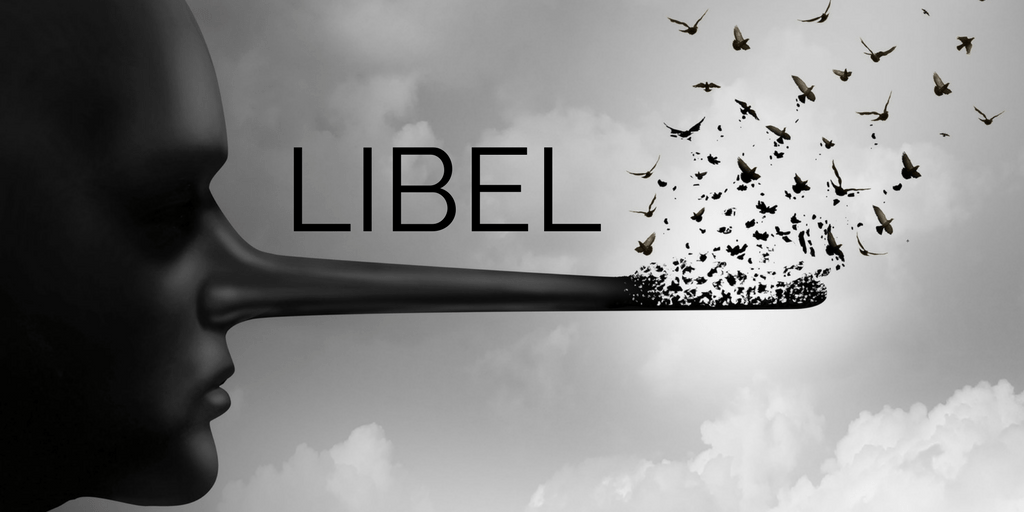 How to Protect Your Film from Libel
How to Protect Your Film from Libel
Libel is a real concern for filmmakers, especially for successful ones. If you release a popular film, you run an increased risk that someone will see your film and think you’ve ruined his or her reputation.
The fact is that the entertainment industry is ripe for litigation. You’ll find no shortage of films that encountered legal battles for everything from defamation to copyright infringement.
If you want to protect your film from libel accusations, you must arm yourself with the facts—before you release your film. Instead of wasting your time refuting libel accusations (and endangering your production house’s revenue), it’s important to understand the basics of libel before you ever shoot a scene.
What Is Libel?
If you want to avoid libel, you need to understand what it is. Law.com defines libel in this way…
[T]o publish in…television or film, an untruth about another which will do harm to that person or his/her reputation, by tending to bring the target into ridicule, hatred, scorn or contempt of others. Libel is the written or broadcast form of defamation…
For filmmakers, it is important to know three things about libel.
- Libel is a lie.
- Libel is something that damages a person’s reputation.
- Libel can be published through film or television.
These aren’t the only nuances involved in libel. Law.com provides some other facts about libel you should know:
- Even if a person is a public figure, he or she can still sue you for libel. To apply this to the film industry, profiling a celebrity is no protection from libel. Even if you’ve seen a celebrity constantly ridiculed in the media, you may risk libel accusations if you tamper with his or her reputation in your film.
- If you share your film with one person, you could face libel charges.com explains that if libelous material is shared with just one individual, you are legally culpable. Think of how this could apply to you—film screening, film trailers, and more. You need to protect your film from libel before it ever hits the big screen.
- You may face a libel lawsuit if you damage the reputation of a dead person. Just because someone is six feet under doesn’t mean his or her reputation is fair game for your film. According tocom, you may face a court battle with the person’s family members.
Films That Risk Libel Lawsuits
Some films ask for libel accusations (think the Borat lawsuit). You want to steer clear of risky plots, characters, and dialogue to avoid walking into a court battle.
Consider whether your film documents the lives of real individuals. For instance, if you produce a cartoon animation, you’re less likely to experience defamation claims than if you produce a documentary.
Also evaluate the plot you’re using. You may increase your risk if you’ve chosen a controversial subject with a person at the center. The controversy coupled with the central figure creates a breeding ground for defamation claims.
How You Can Protect Your Film from Libel
When it comes to defamation, you won’t be able to avoid every possible claim. However, you can take steps to ensure your film doesn’t violate the basic rules of risk mitigation.
With a script clearance report, you can avoid libel accusations that result from character names, identifiable personalities, dialogue, and more. The Clearance Lab will help you screen your script so you can avoid endangering your film and its potential revenue.
Avoid costly defamation lawsuits, and secure script clearance for your film.

